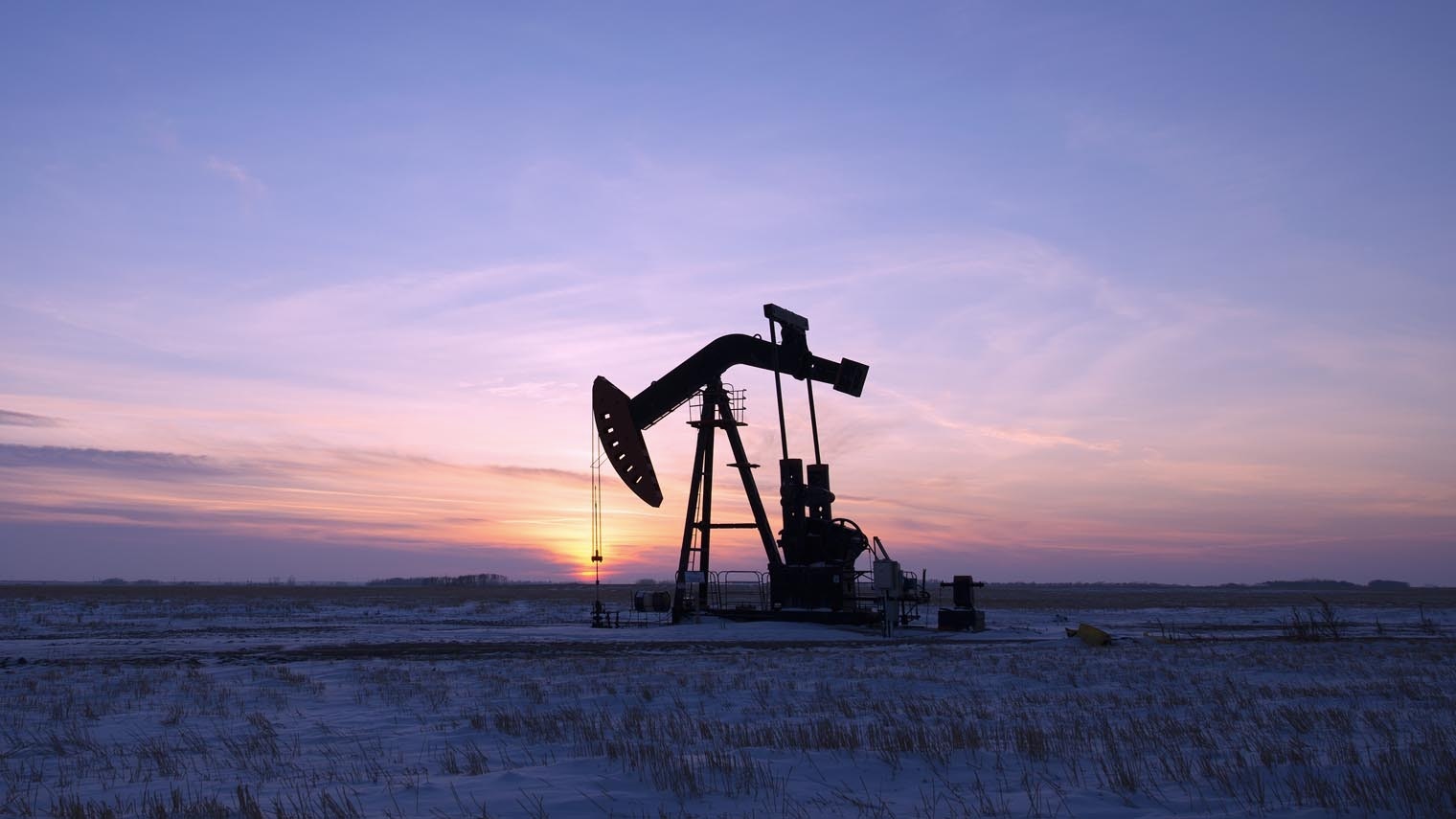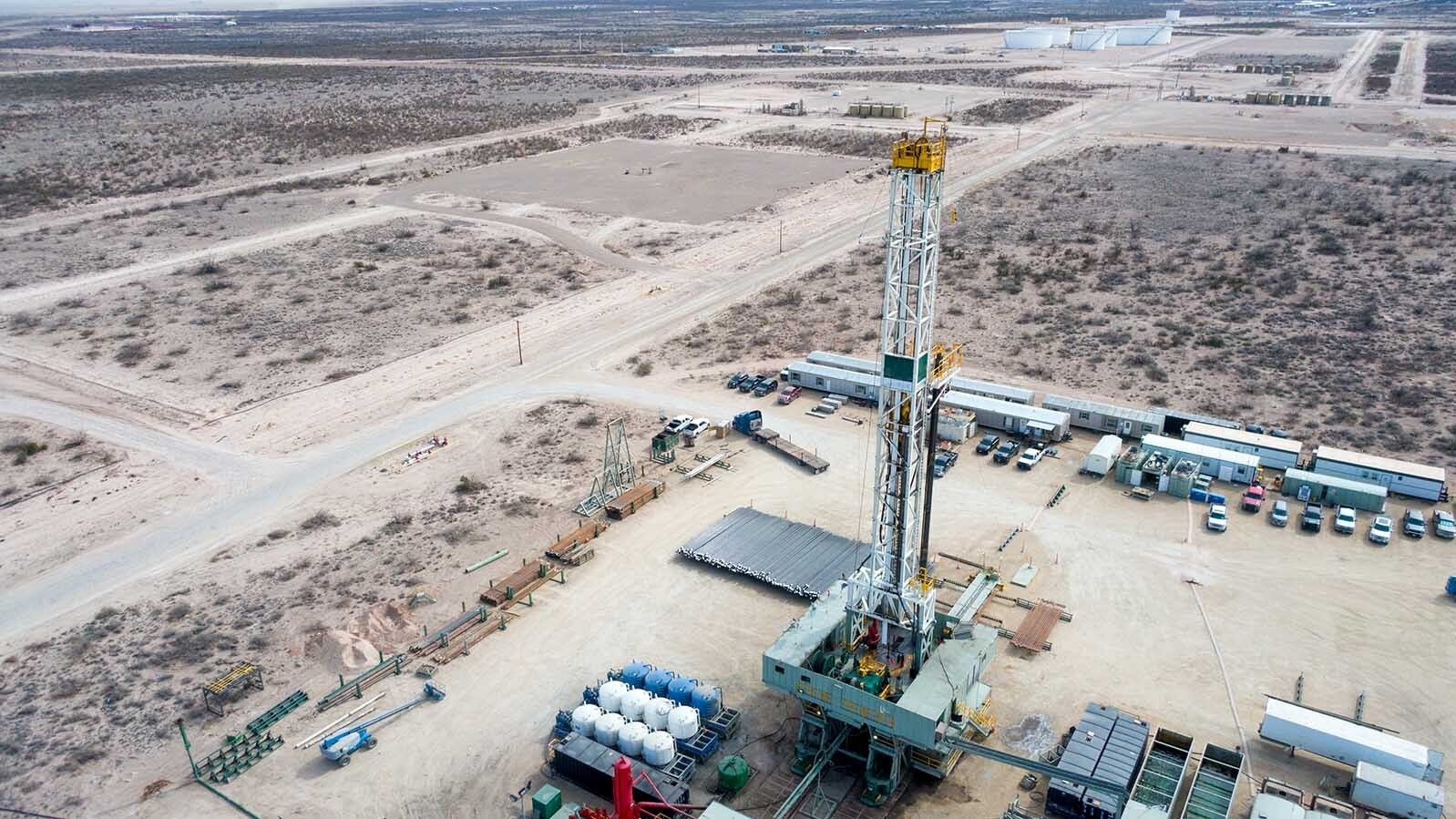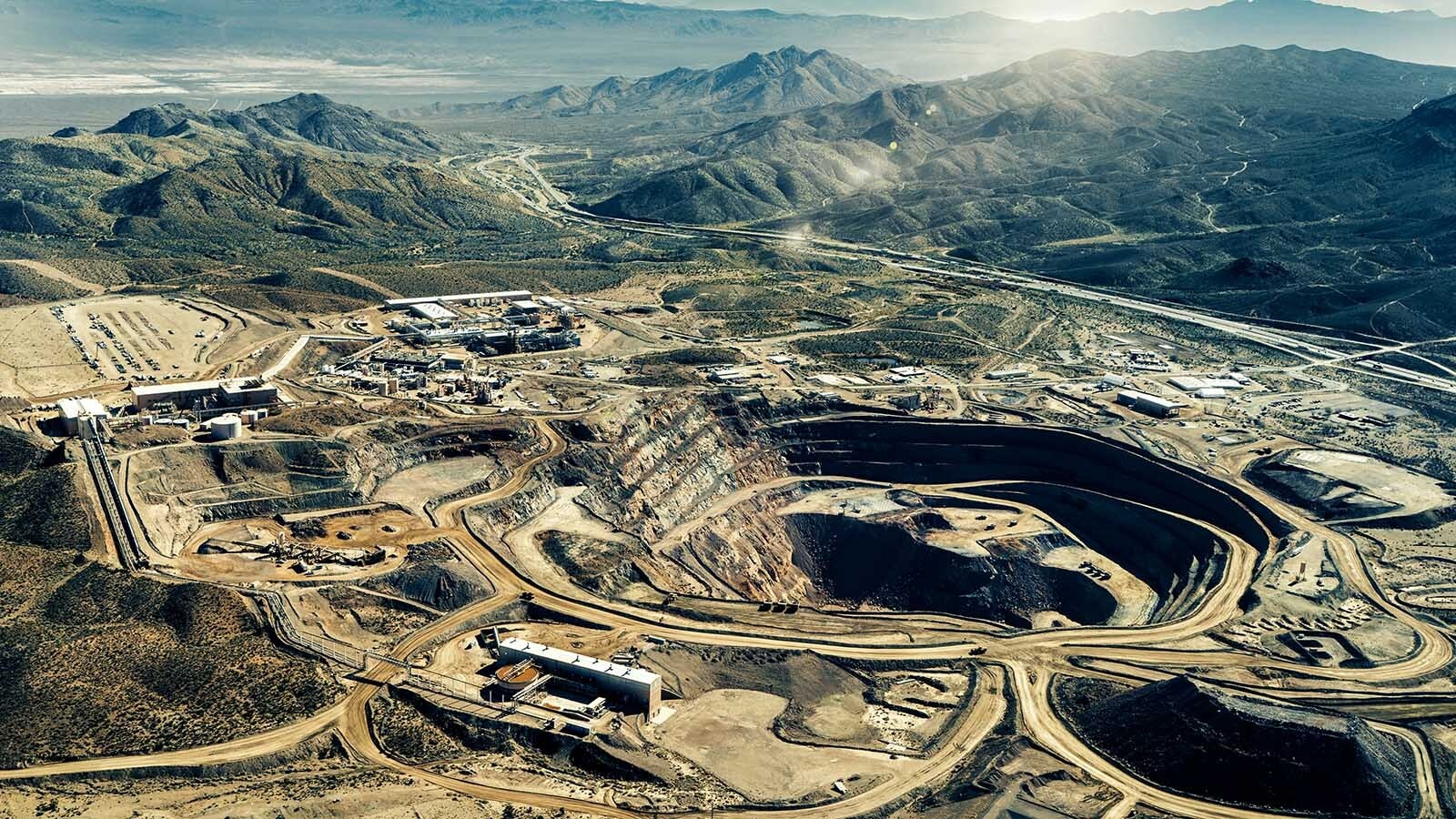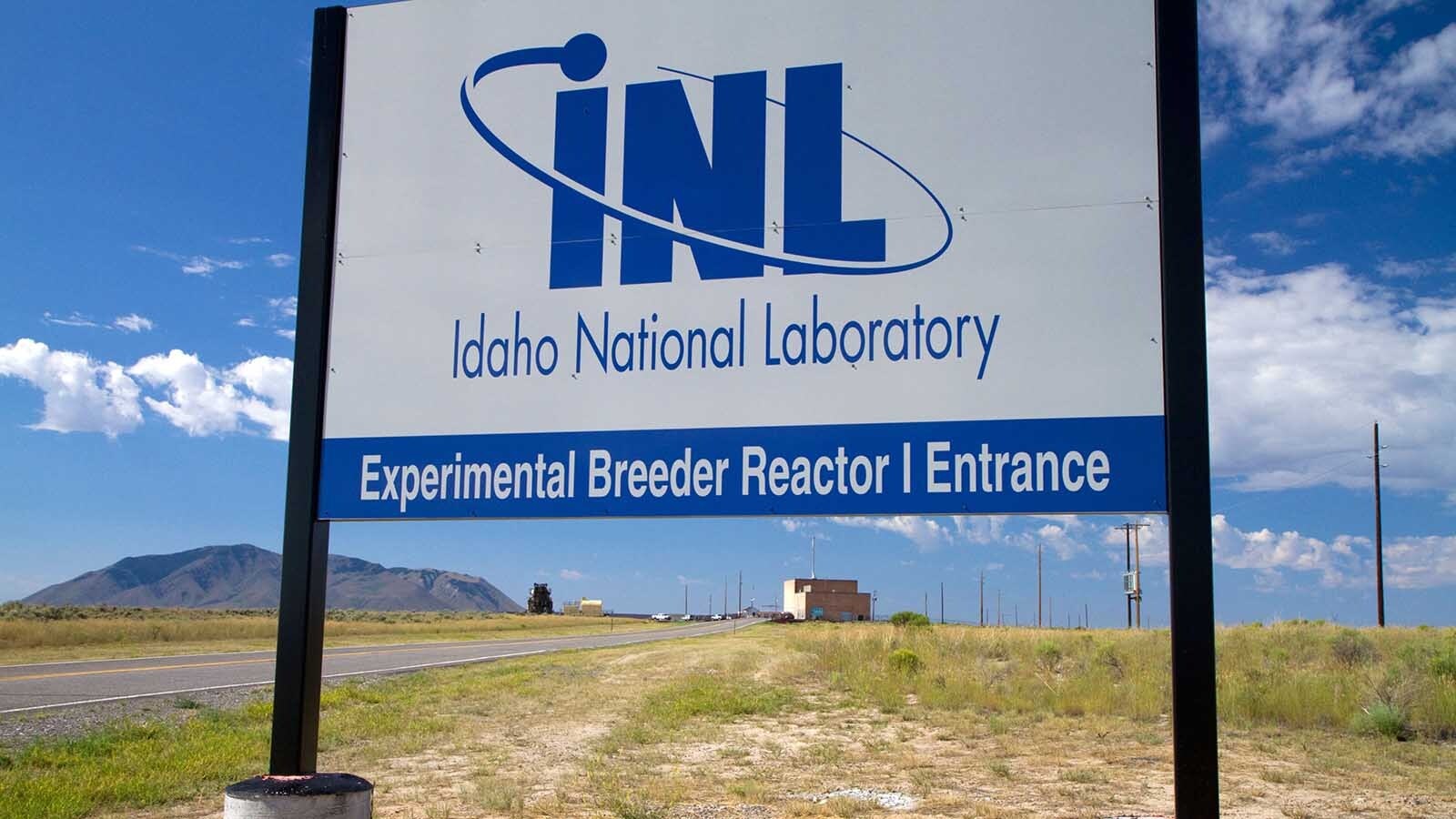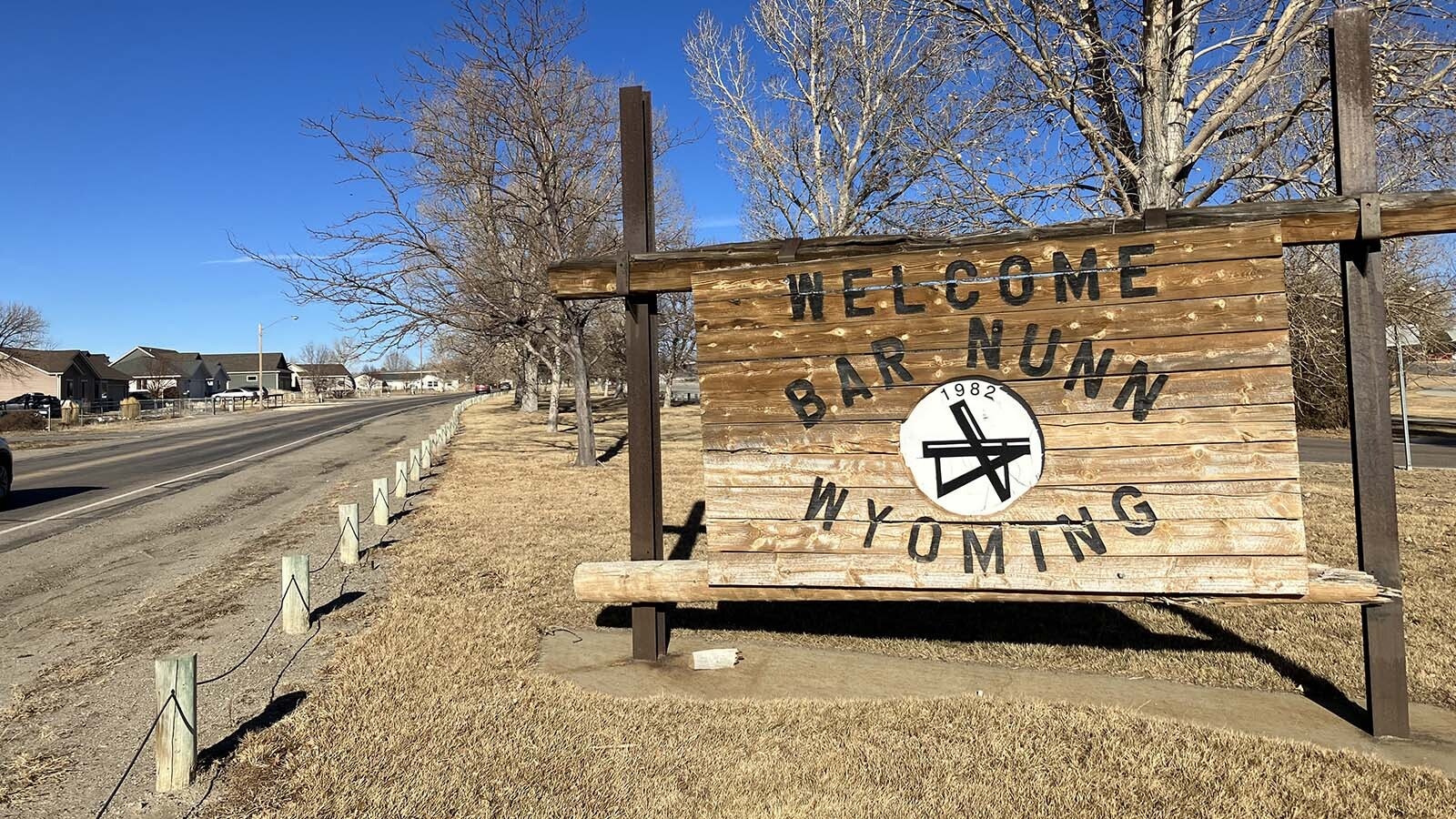Gov. Mark Gordon is calling President Joe Biden’s moratorium on energy development on federal lands unnecessary and discriminatory to the people of Wyoming.
Gordon recently sent a letter to Secretary of the Interior Deb Haaland, continuing his criticism of Biden’s moratorium, which was enacted when the president took office in January.
Among other concerns, Gordon cited the lack of consultation with western governors before the lease sale moratorium was put in effect.
In addition, Gordon stated “western states such as Wyoming are disproportionately affected by the freeze because of the amount of federal land and leases within our borders.”
He pointed out that “the eight Western states with federal oil and gas leasing programs will have investment losses of $2.3 billion, production value losses of $882 million and tax revenue losses of $345 million in the first year of the moratorium.”
The letter was issued in response to the Department of Interior’s call for informal public comment on the Biden administration’s federal fossil fuel program review.
Gordon stressed the idea that oil and gas companies have more leases than they can develop is not accurate in Wyoming.
Wyoming’s unique mix of federal, state and private surface and mineral rights requires oil and gas companies to make long-range plans for sensible and efficient development of oil and gas and prevent waste. It often takes many years for a company to successfully put together a drilling area for development.
Gordon also noted that federal lands are not over-leased. Approximately 66% of the federal mineral acreage considered leasable (not including national parks, national monuments, Wind River Reservation or geographically unsuitable areas) is currently unleased.
In the letter, Gordon added Wyoming is a leader in the adopting policies to allow oil and gas development to occur at the same time as wildlife protection. He cited examples such as the state’s extensive experience setting policies to conserve the greater sage-grouse and wildlife migration corridors. He also highlighted Wyoming’s program of plugging abandoned or orphan wells, with more than 1,000 were successfully plugged in 2020.
Finally, Gordon asked Haaland to allow U.S. Bureau of Land Management state directors to “dedicate time for deliberate and thoughtful consultation with Wyoming and other states that have effective regulation of development, solid environmental protections, and whose economies, livelihoods and way of life are dependent upon the federal energy programs that this administration proposes to reform.”
“Policy changes to our bedrock program should not be based on a predetermined outcome without meaningful input from all stakeholders,” he wroter.
Last month, the state filed a lawsuit challenging the moratorium.
The lawsuit filed in U.S. District Court of Wyoming alleges that the administration’s action violates the National Environmental Policy Act, the Administrative Procedure Act, the Mineral Leasing Act and the Federal Land Policy Management Act.
The lawsuit asks the court to set aside Haaland’s action and require the U.S. Bureau of Land Management to resume quarterly oil and gas lease sales, which have been suspended since the order was signed.
In his first seven days in office, Biden issued two executive orders that have halted oil and gas leasing on federal lands pending a review of the federal government’s leasing programs. Gordon and a number of western governors wrote letters protesting the moratorium and members of Wyoming’s congressional delegation have also expressed their opposition.
The resolution noted that in addition to owning almost than half of Wyoming’s land, the federal government has direct control over another 42 million acres of mineral rights in the state and some influence on more than 90% of the state’s minerals.

